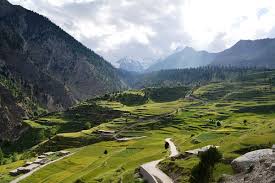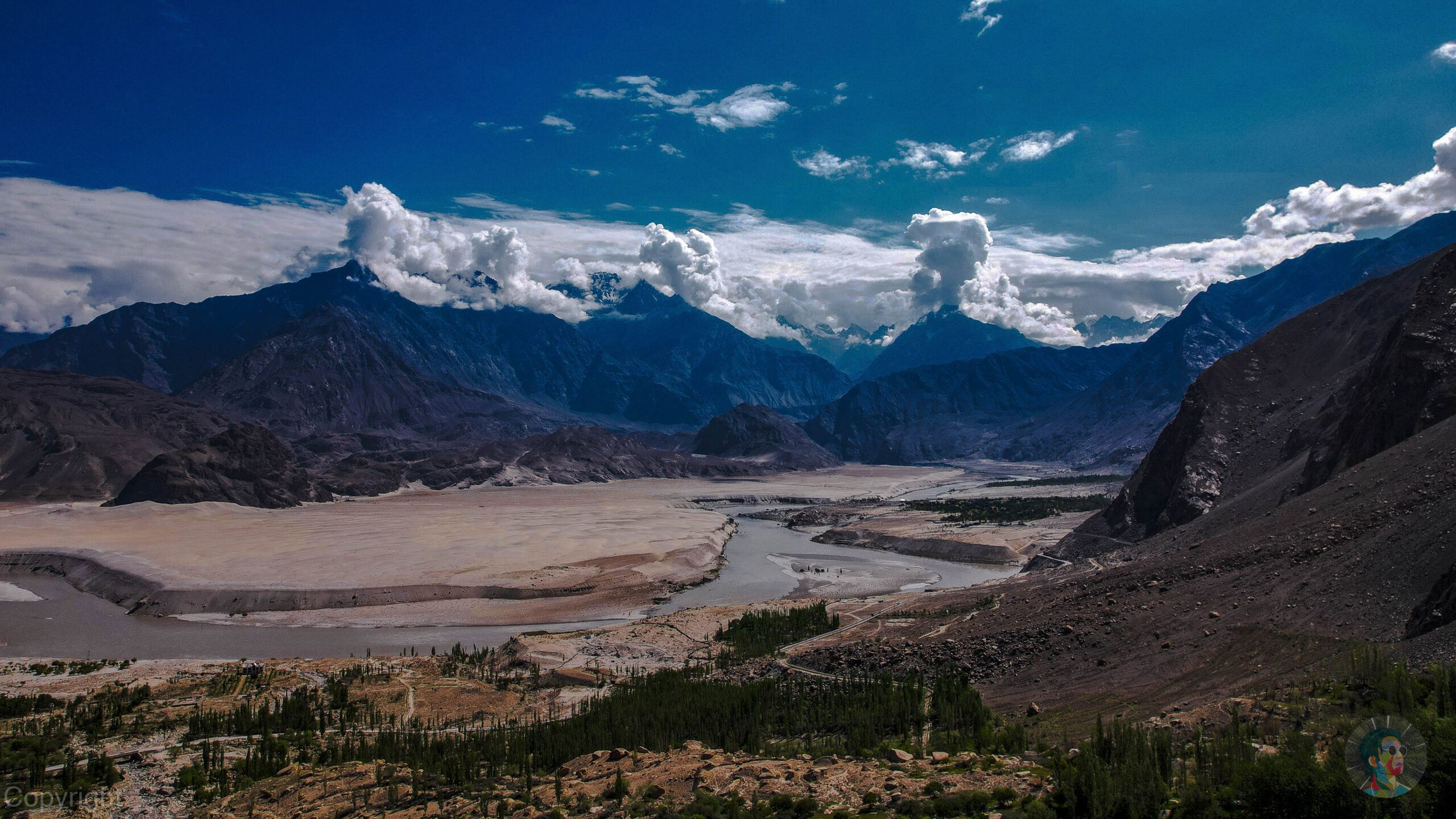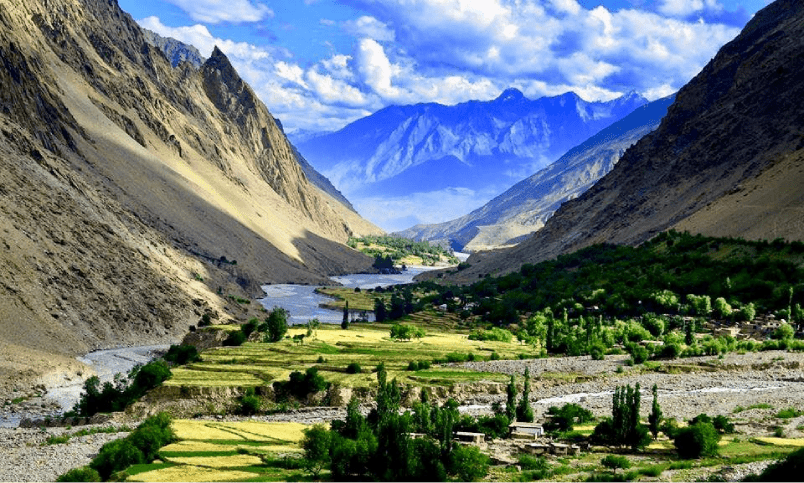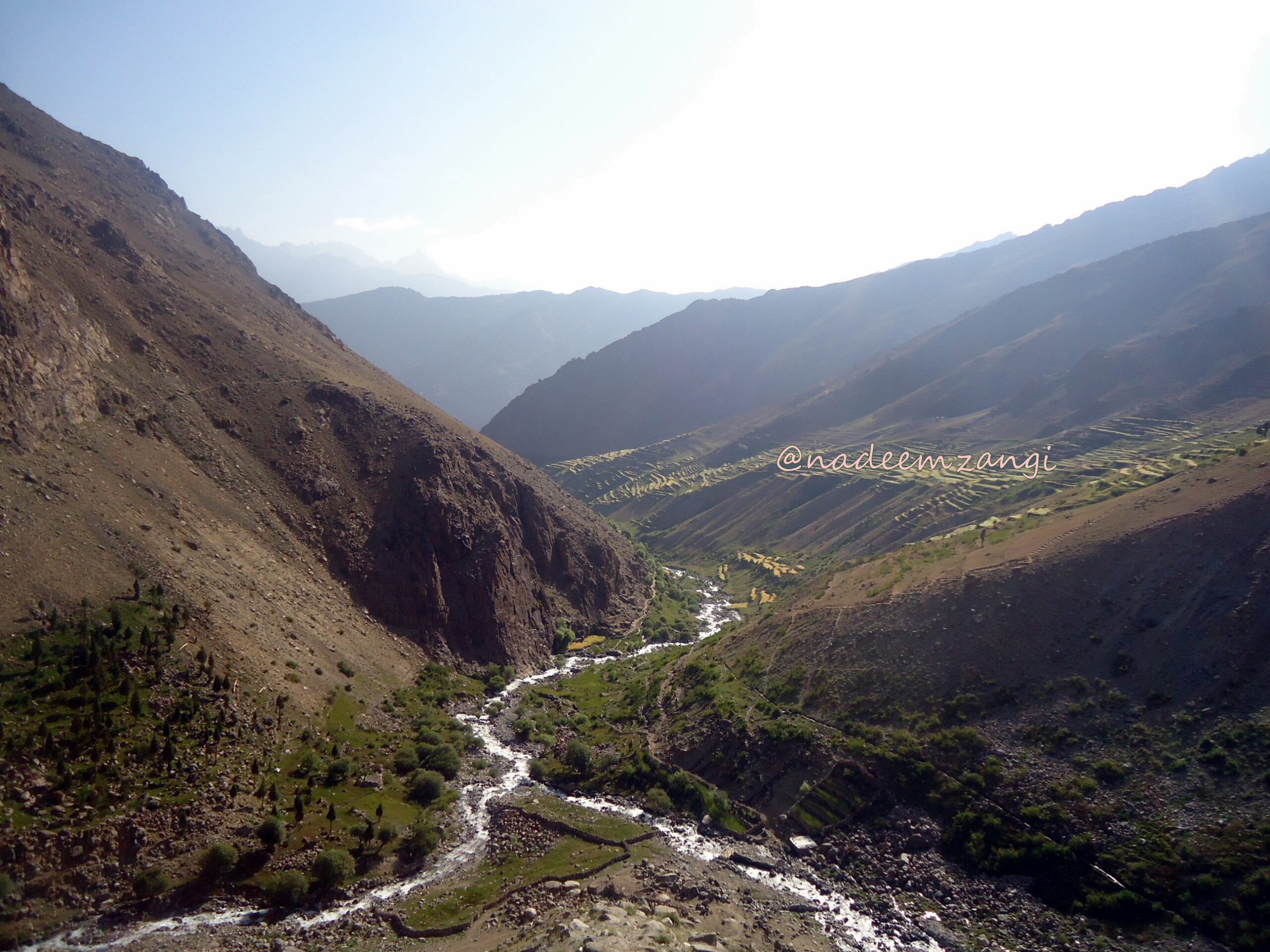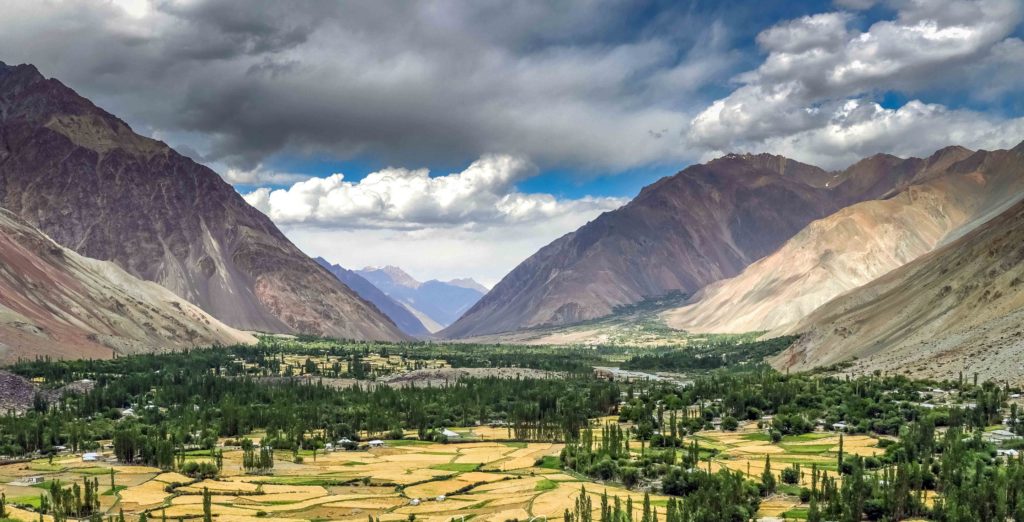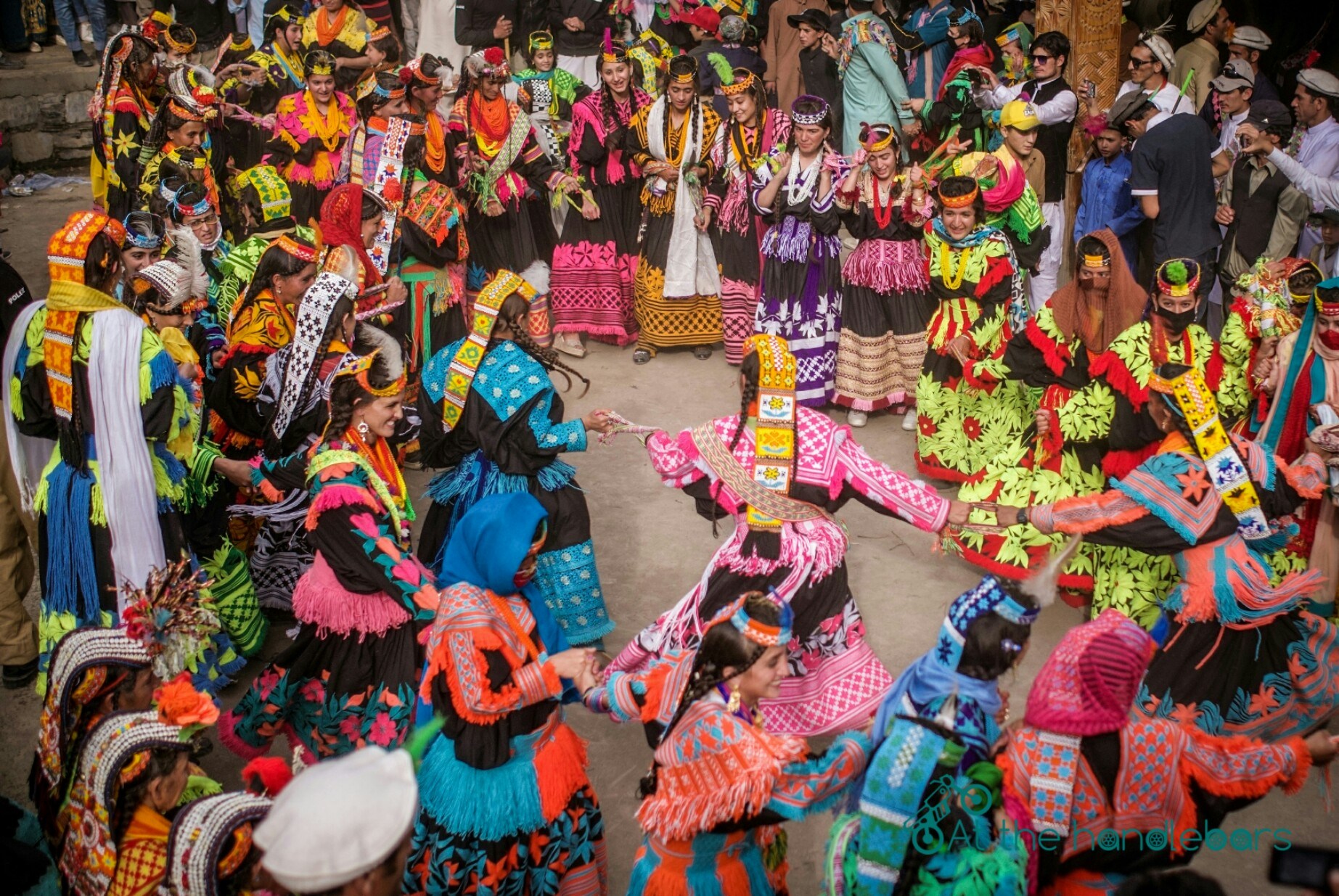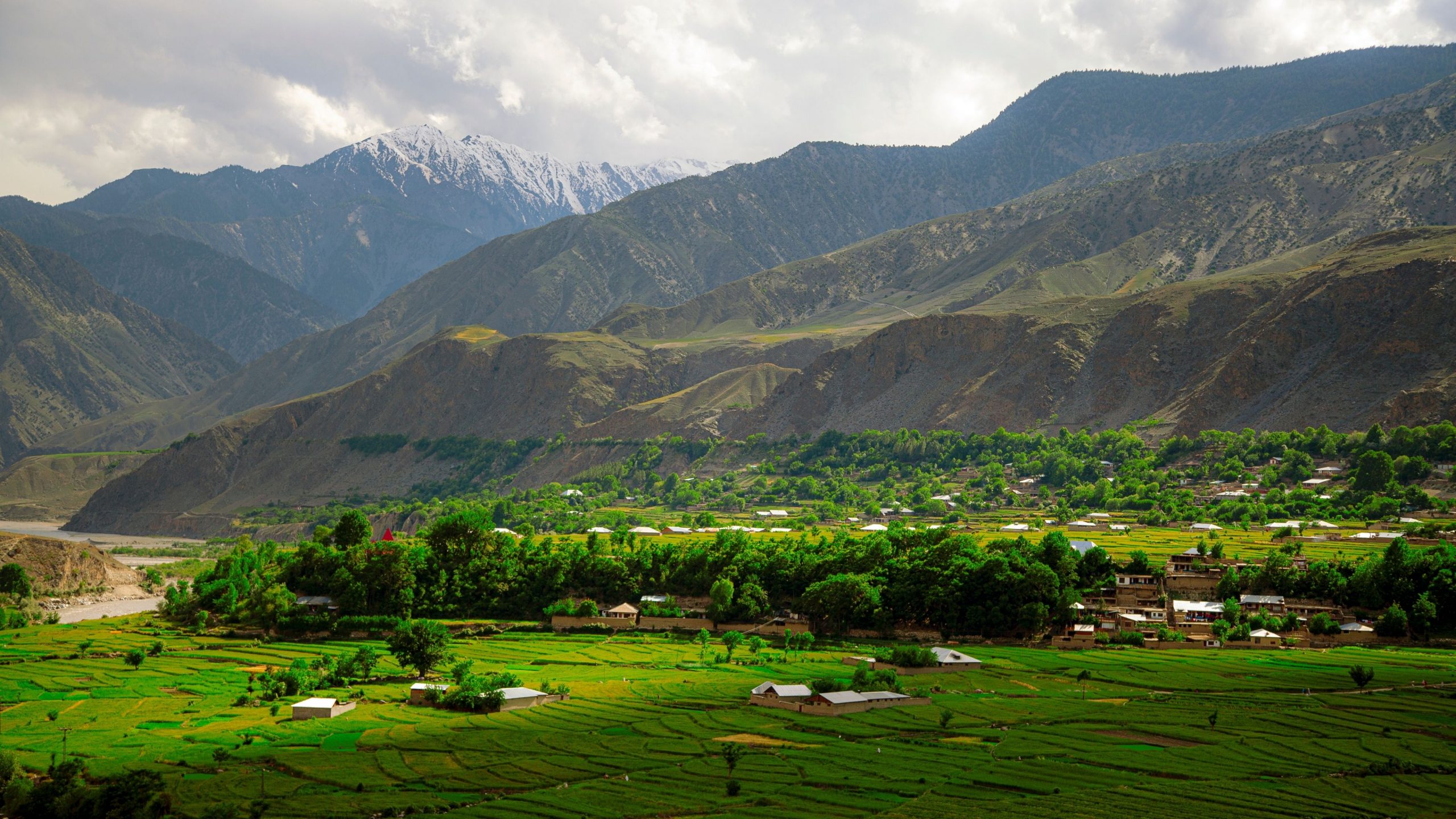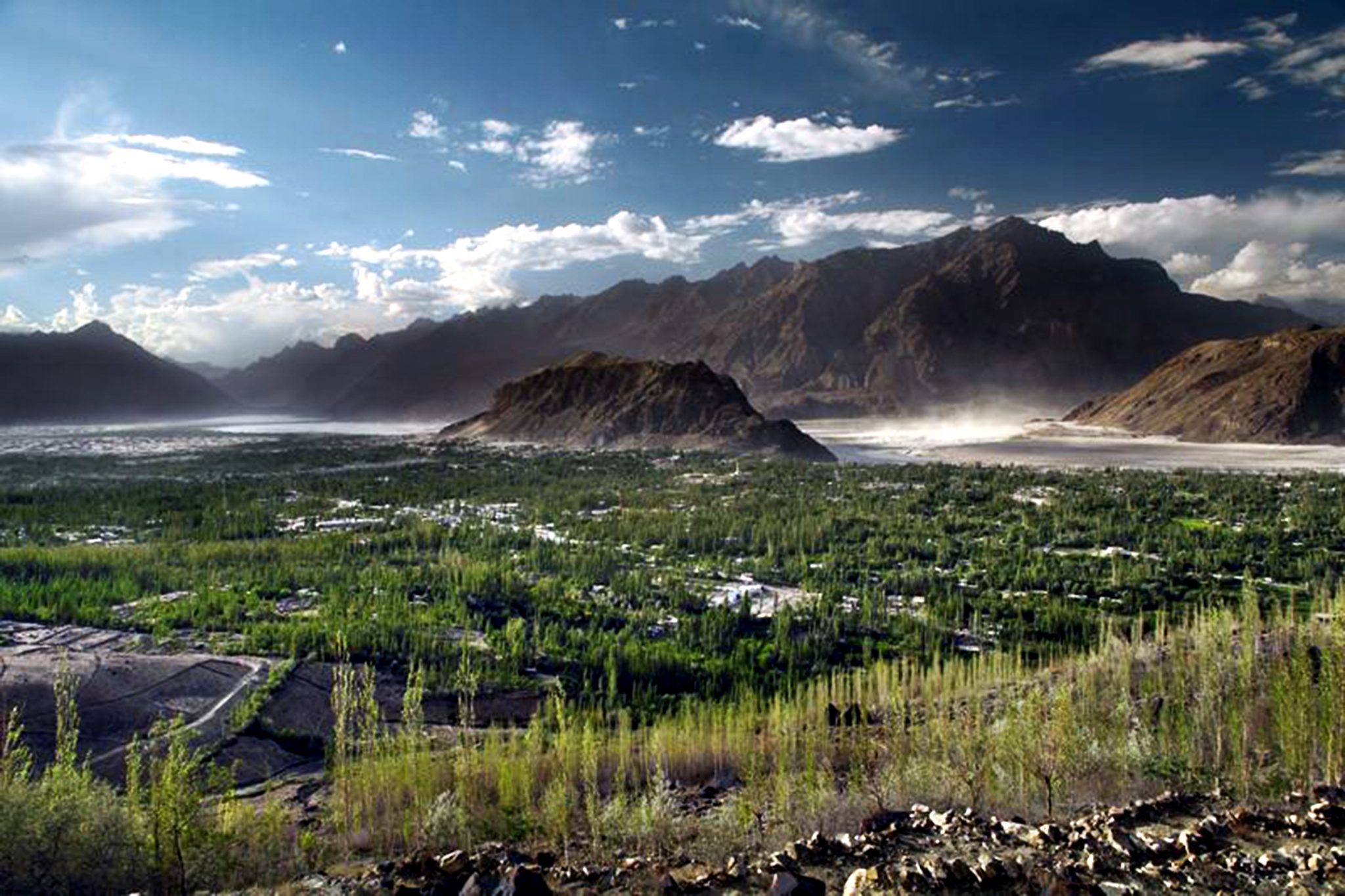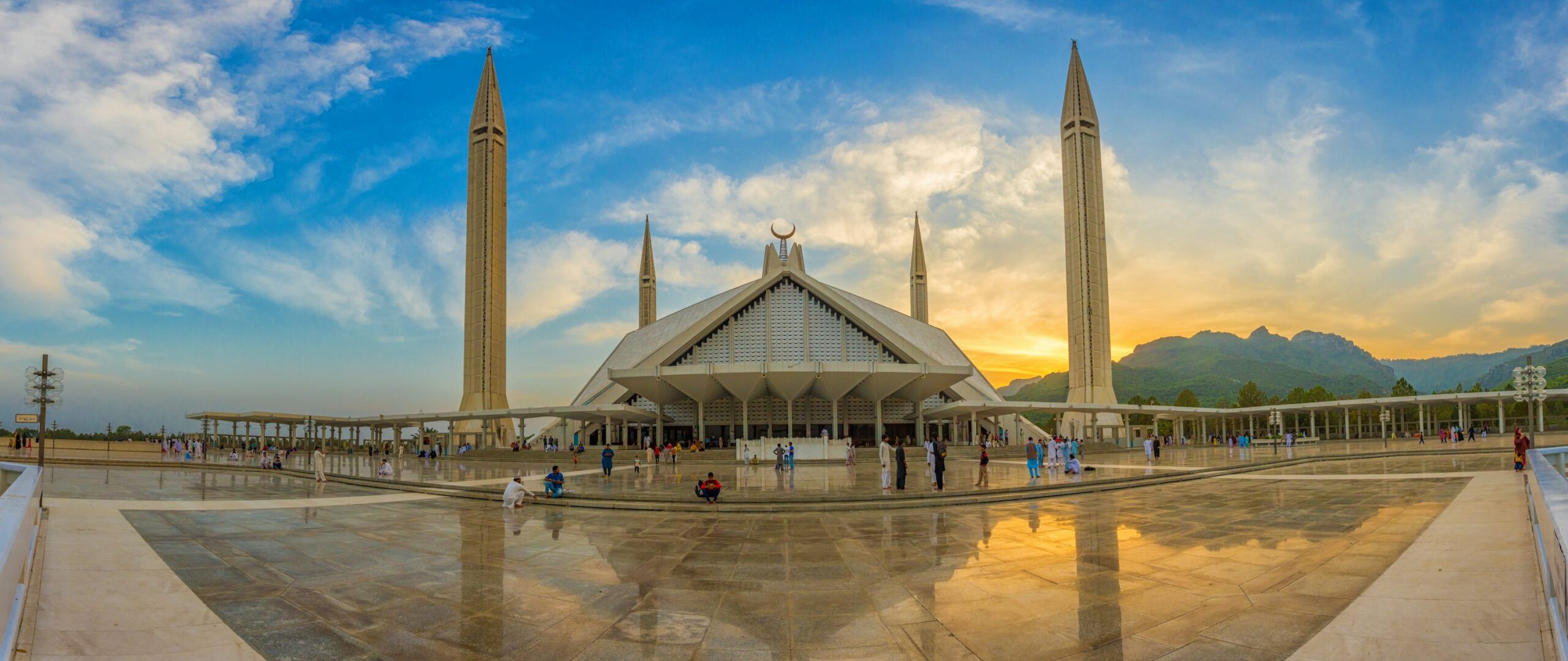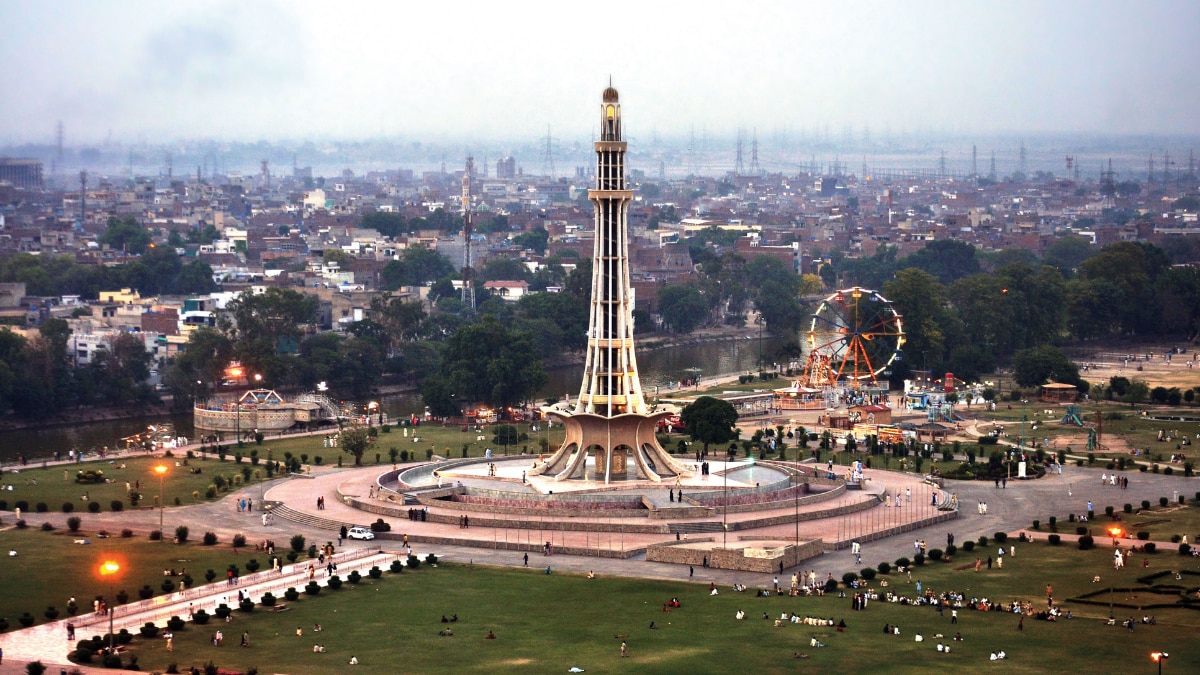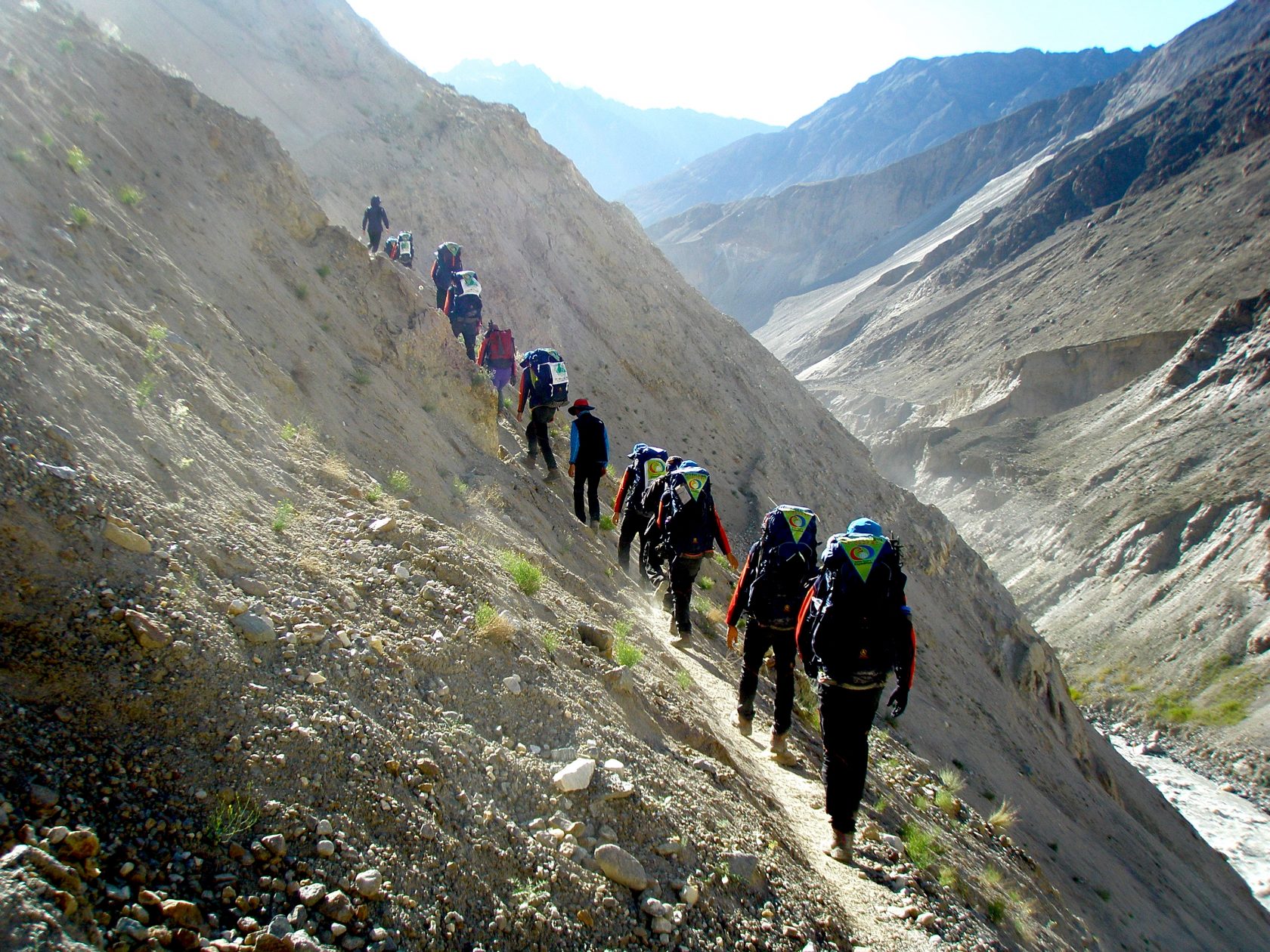- Echoes of Reform: Navigating emerging trends within nigeria news and its impact on economic stability.
- The Evolving Media Landscape in Nigeria
- The Role of Technology and Social Media
- Challenges Facing Journalists in Nigeria
- The Impact of Political Interference
- The Role of Civil Society Organizations
- Economic Factors Influencing Media Sustainability
Echoes of Reform: Navigating emerging trends within nigeria news and its impact on economic stability.
The landscape of information dissemination in Nigeria is constantly evolving, with a growing emphasis on timely and accurate reporting. The term ‘nigeria news‘ now encompasses a diverse range of sources, from traditional media outlets to digital platforms and social media channels. This proliferation of information, while offering wider access, also presents challenges related to verifying authenticity and combating misinformation. Understanding the nuances of this ecosystem is crucial for both citizens and stakeholders alike.
The impact of reporting extends beyond simply informing the public; it plays a vital role in shaping public opinion, influencing policy decisions, and holding those in power accountable. A free and independent press is a cornerstone of any democratic society, and Nigeria is no exception. However, various factors, including economic pressures, political interference, and security concerns, can threaten the integrity and independence of the media.
Therefore, a critical assessment of the current state of information flow within Nigeria – and how that reporting functions – is more crucial than ever. It’s necessary to understand the influences at play, the challenges faced, and the opportunities available to ensure that Nigerians have access to the reliable, unbiased information they need to participate fully in their democracy.
The Evolving Media Landscape in Nigeria
The Nigerian media landscape has undergone a dramatic transformation in recent decades. Traditionally dominated by state-owned and privately-owned newspapers, radio stations, and television channels, it has become increasingly fragmented and digitized. The rise of online platforms, including independent news websites, blogs, and social media, has created a more diverse, but also more complex, information ecosystem. This shift has democratized access to information, allowing citizens to bypass traditional gatekeepers and engage directly with news and current affairs.
However, this increased accessibility comes with inherent risks. The ease with which anyone can publish online has led to a surge in misinformation, fake news, and propaganda. The lack of robust fact-checking mechanisms and editorial oversight on many digital platforms contributes to the spread of inaccurate or misleading information, potentially undermining public trust and fueling social unrest. Moreover, the financial sustainability of traditional media outlets is under threat, as they struggle to compete with free online content. This decline in revenue can lead to staff cuts, reduced investigative journalism, and a weakening of their ability to fulfil their civic role.
| Traditional Newspapers | 15% | Established reputation, in-depth reporting, declining readership. |
| Radio | 60% | Wide reach, particularly in rural areas, broadcast in local languages. |
| Television | 40% | Visual medium, high audience engagement, increasing competition from online streaming. |
| Online News Platforms | 30% | Rapidly growing reach, 24/7 coverage, susceptible to misinformation. |
The Role of Technology and Social Media
Technology has revolutionized how information is created, consumed, and shared in Nigeria. The widespread adoption of mobile phones and internet access, particularly among the younger population, has created a powerful platform for citizen journalism and social activism. Social media platforms, such as Twitter, Facebook, and Instagram, have become important sources of news and opinion, often providing real-time coverage of events as they unfold. This empowers citizens to participate in public discourse and hold those in power accountable.
However, social media is also a double-edged sword. It can be used to spread hate speech, incite violence, and manipulate public opinion. The algorithms that govern these platforms can create “echo chambers,” where users are only exposed to information that confirms their existing beliefs, reinforcing polarization and hindering constructive dialogue. The anonymity afforded by social media also makes it easier for malicious actors to spread misinformation and harass journalists or political opponents. Addressing these challenges requires a multi-faceted approach, involving media literacy education, regulation of social media platforms, and greater accountability for online content.
- Increased access to information for citizens.
- Empowerment of citizen journalists and activists.
- Rise of misinformation and “fake news”.
- Potential for echo chambers and polarization.
- Challenges related to online security and privacy.
Challenges Facing Journalists in Nigeria
Journalists in Nigeria face a number of significant challenges that threaten their safety, independence, and ability to report freely. These challenges include harassment, intimidation, physical violence, arbitrary arrest, and censorship. The operating environment for media professionals has become increasingly hostile, particularly in regions affected by conflict or political instability. The lack of adequate protection from the authorities, coupled with a culture of impunity for perpetrators of violence against journalists, creates a climate of fear and self-censorship.
Economic pressures also pose a threat to journalistic integrity. Many media outlets are owned by politically connected individuals or businesses, which can influence editorial coverage. The decline in advertising revenue and the lack of adequate funding for independent journalism further exacerbate these challenges, making it difficult for journalists to pursue in-depth investigations or report on sensitive topics. Strengthening the legal framework for media freedom, promoting media literacy, and providing financial support for independent journalism are essential steps to address these challenges and ensure that journalists can fulfil their vital role in a democratic society.
The Impact of Political Interference
Political interference in the media is a pervasive problem in Nigeria, with governments at all levels attempting to control or influence media coverage. This interference can take various forms, including direct censorship, intimidation of journalists, withholding of advertising revenue, and manipulation of state-owned media. The use of draconian laws, such as the Cybercrime Act, to suppress dissent and restrict freedom of expression is particularly concerning. Such actions undermine the principles of a free press and erode public trust in the media.
The politicization of the media also extends to the ownership structure of many outlets. Media organizations often align themselves with particular political factions or individuals, leading to biased reporting and a lack of objectivity. This polarization of the media landscape makes it difficult for citizens to access impartial information and make informed decisions. Promoting media diversity, strengthening the independence of regulatory bodies, and fostering a culture of ethical journalism are crucial steps to counteract the negative effects of political interference.
The Role of Civil Society Organizations
Civil society organizations (CSOs) play a vital role in promoting media freedom, protecting journalists, and strengthening the media landscape in Nigeria. These organizations engage in a range of activities, including advocacy, training, monitoring, and legal support. They provide a voice for journalists who are facing harassment or intimidation, raise awareness about issues relating to media freedom, and provide assistance to media outlets that are struggling to survive. CSOs also work to promote media literacy and empower citizens to critically assess the information they receive.
However, CSOs themselves face challenges, including limited funding, political interference, and security concerns. Despite these obstacles, they remain a key force for change, working tirelessly to defend the principles of a free and independent press. Supporting the work of CSOs is essential to ensure that Nigeria has a vibrant and accountable media sector. Collaboration between CSOs, media outlets, and the government is crucial to address the complex challenges facing the media landscape.
Economic Factors Influencing Media Sustainability
The economic sustainability of media organizations in Nigeria is a critical concern. Declining advertising revenues, coupled with the rising costs of operation, are putting significant pressure on media outlets. The proliferation of online advertising platforms, such as Google and Facebook, has diverted revenue away from traditional media, making it increasingly difficult for them to remain financially viable. The lack of a robust digital subscription model and the prevalence of free online content further exacerbate this problem. This economic pressure can lead to staff cuts, reduced investigative journalism, and a weakening of the media’s ability to hold those in power accountable.
Diversifying revenue streams, developing innovative business models, and strengthening the regulatory framework for advertising are essential steps to address these challenges. Government support for independent journalism, in the form of grants or tax breaks, could also help to ensure the sustainability of media organizations. Furthermore, promoting media literacy and encouraging citizens to support quality journalism through subscriptions and donations are crucial to fostering a thriving media ecosystem.
- Develop diverse revenue streams.
- Embrace innovative business models.
- Strengthen regulatory frameworks for advertising.
- Seek government support for independent journalism.
- Promote media literacy and public support.
| Advertising | 40% | Declining revenues, competition from online platforms. |
| Subscriptions | 10% | Low penetration rates, lack of digital payment infrastructure. |
| Government Funding | 5% | Risk of political interference, lack of transparency. |
| Grants and Donations | 15% | Limited availability, competitive application process. |
| Other Sources | 30% | Events, consulting, printing, and other ancillary services. |


